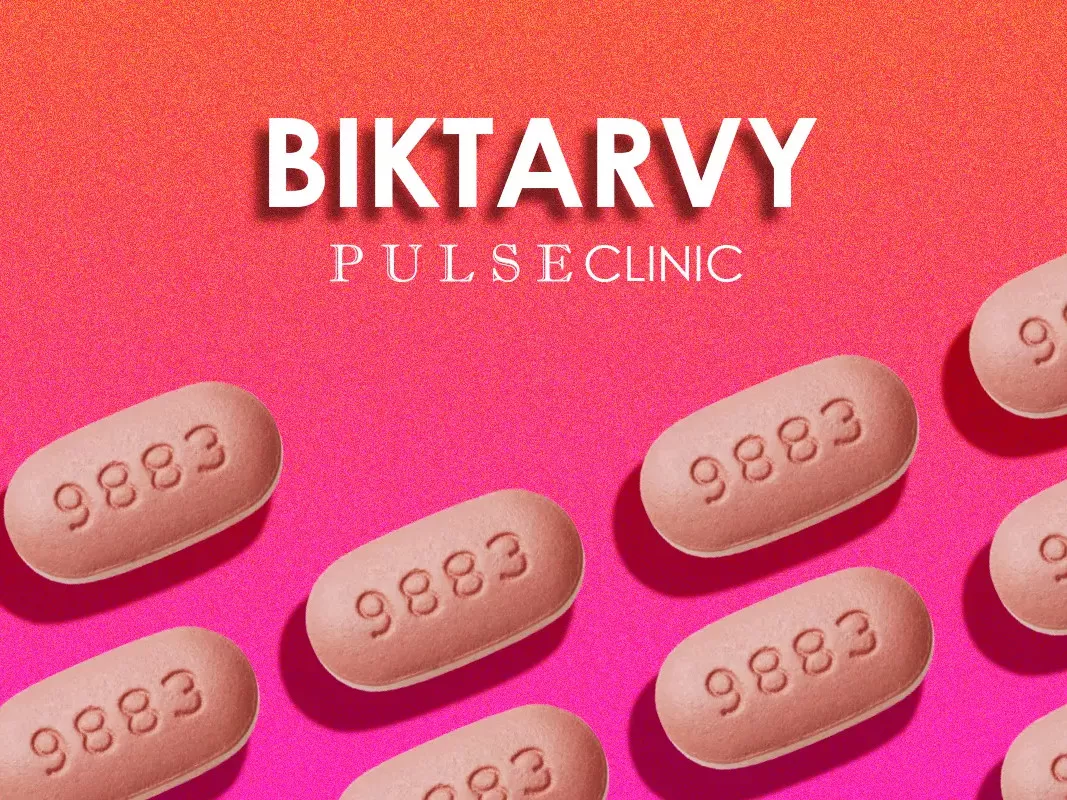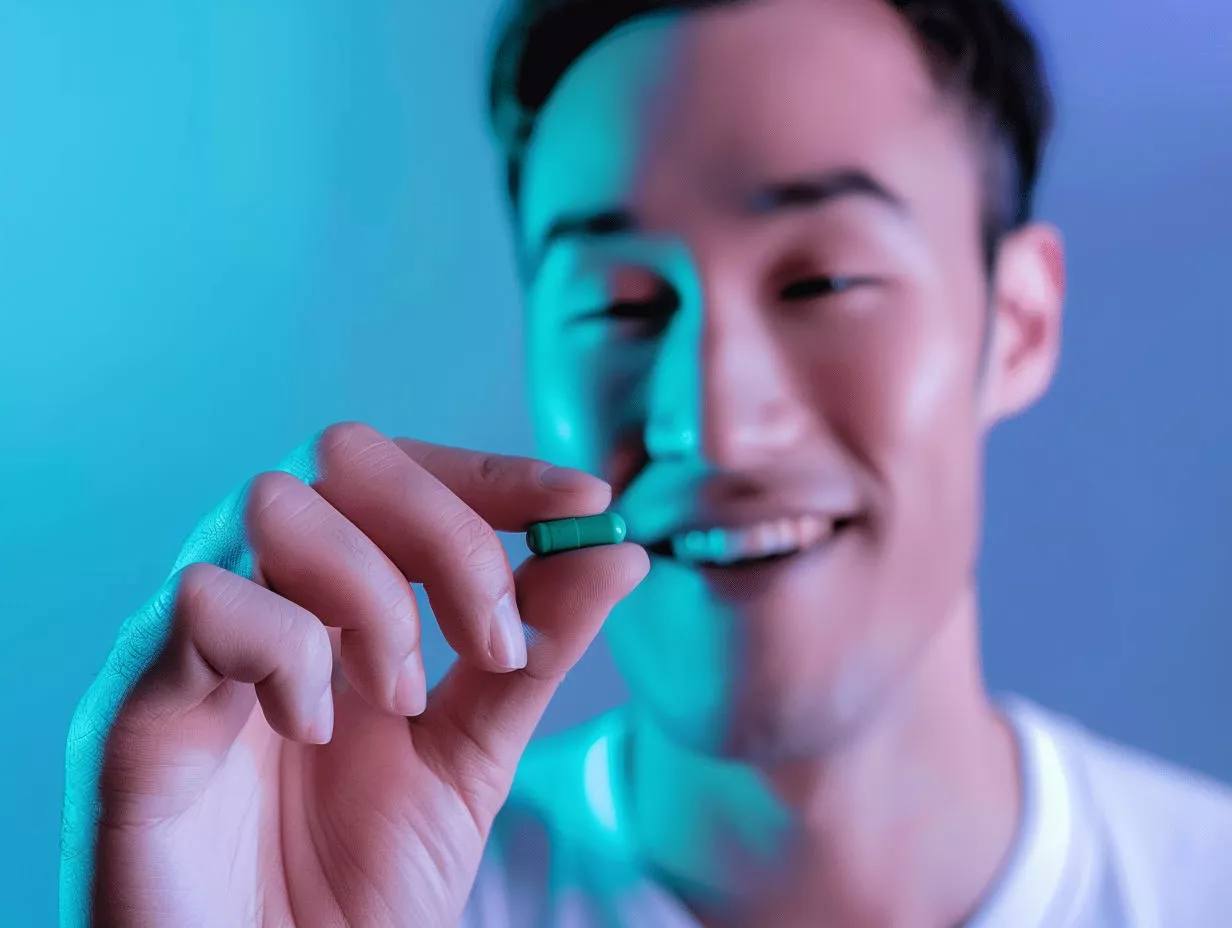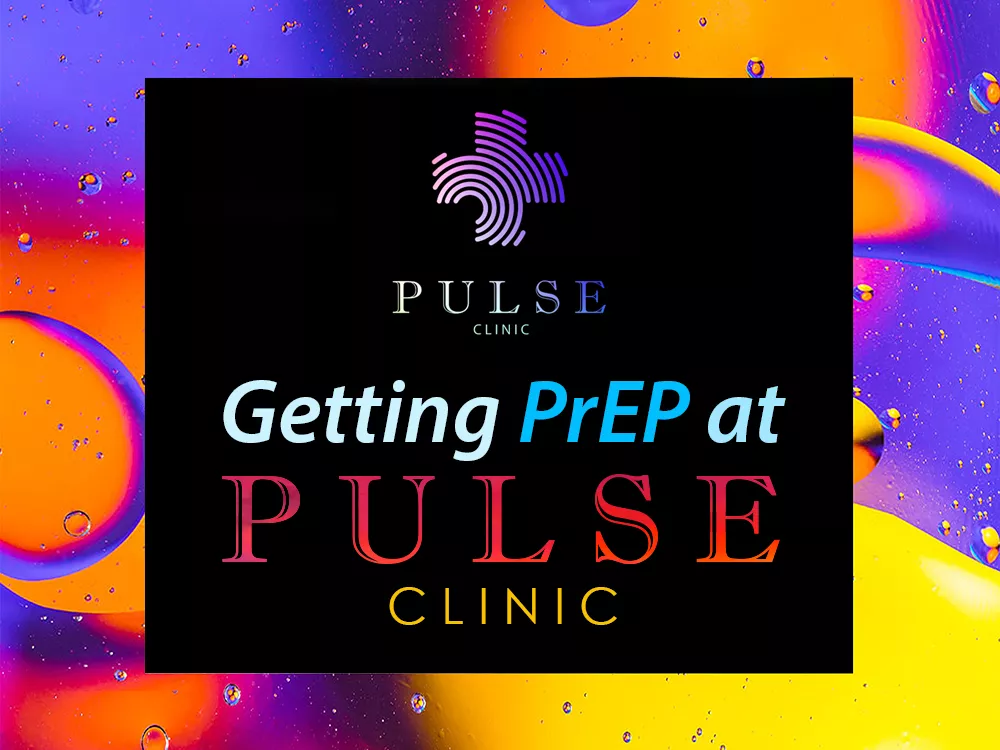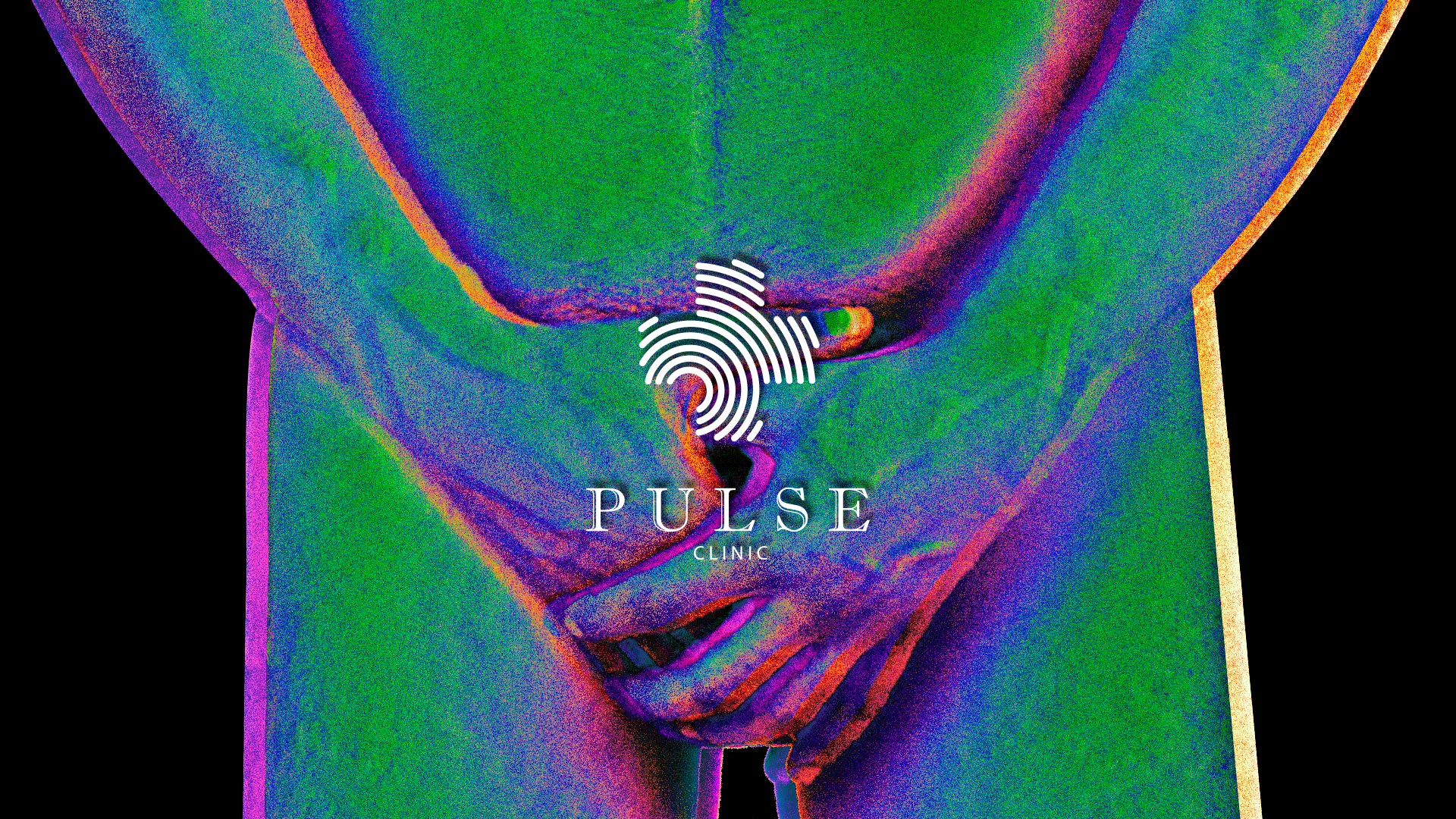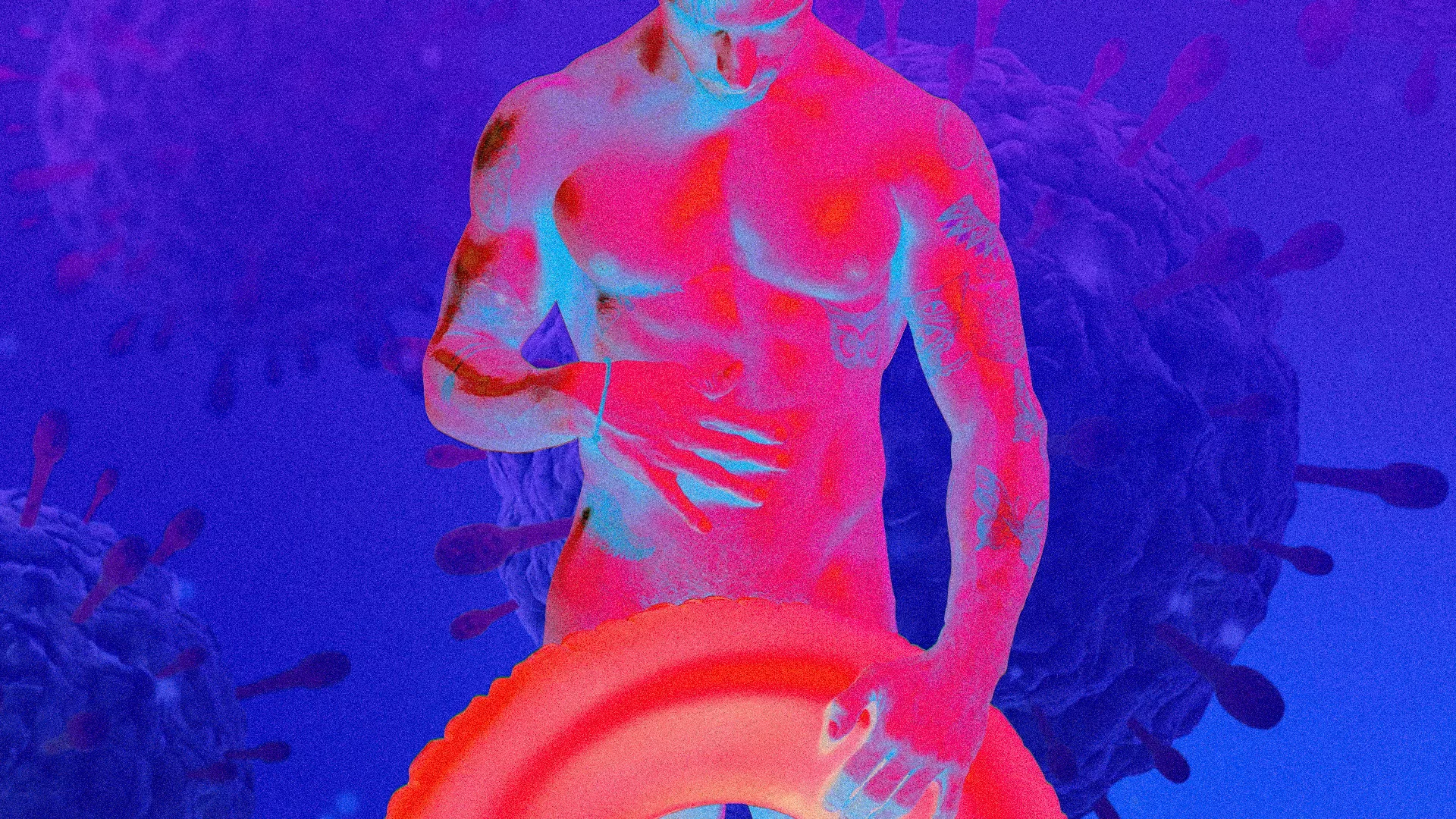Herpes treatment guidelines
3332
What you should know about herpes. How to get diagnosed? How can I know if I have HSV? Is cold sore treatable?

Overview of Herpes Simplex Virus (HSV)
Herpes is a common STI caused by the herpes simplex virus (HSV). Common symptoms of herpes include blisters or sores around the area of infection. Sores caused by HSV can vary depending on where the virus enters your system. Herpes is known to have recurrent outbreaks, and once you contract the virus, HSV can remain in your body forever.
Active cold sores or an episode of a herpes outbreak can increase the risk of HIV infection, especially with genital herpes. If you notice symptoms that could be signs of an HSV infection, it is suggested that you also get tested for HIV. The sooner you get checked, the more likely the preventative treatment will be successful. Contact us at info.bkk@pulse-clinic.com for more information or chat with us at any of the following platforms:
![]() +66 65 237 1936
+66 65 237 1936  @PULSEClinic
@PULSEClinic ![]() PulseClinic
PulseClinic
How is Herpes Transmitted?
Herpes is arguably the most common STD, as it is one of the most easily transmitted viruses. Skin-to-skin contact with someone who has the virus is enough to get infected, especially during an outbreak. There is a high likelihood that you know someone with herpes. Many people with herpes may not realize they have it, but their herpes can still be infectious. The only way to be sure is to get tested.
It is uncommon to transmit genital herpes when someone with HSV performs oral sex. However, while the strain of HSV that causes oral and genital herpes might be less likely to cause infection in the other area, there is still a chance that cold sores can cause genital herpes in a sexual partner through contact.
Getting Diagnosed for Herpes
Around 67% of the world's population has oral herpes, according to WHO’s estimation. You might have contracted herpes but show no symptoms most of your life. Most of the time, HSV will show no symptoms or very minor symptoms that are often mistaken for something else.
Getting tested for herpes is the only way to be sure you have HSV in your body, which can be done easily with a simple blood test and/or sore swab test. Symptoms of herpes can sometimes also be confused with syphilis, which requires different treatment. Getting a comprehensive test that can identify various STDs would be a useful tool for you to know more about your status.
PULSE Clinic offers a PCR28 test, a comprehensive test for STDs that can detect 28 viruses, fungi, and bacteria that cause STDs. This test can help you know more about your status so you can have a safer sex life. Contact us for more information about getting tested with PCR28.
Why Should I Get Diagnosed for Herpes?
Though there aren’t any treatments that can effectively eliminate HSV from our body, knowing that you have herpes can be useful information for you and your sexual partners, as herpes can lead to other complications such as:
- Increased Risk of Other STDs: Active cold sores increase the risk of getting other STDs, including HIV. Knowing you have HSV can help you take care of yourself and abstain from sex during recurrent episodes to avoid the risk of getting other STDs or spreading HSV to your partners.
- Transmission to Newborns: People often unknowingly spread herpes to newborn babies. Many people contract herpes this way when they are very young from kisses and touches from adults. Herpes in small children can be dangerous, with severe symptoms that can even lead to death in some cases.
Knowing you have herpes can help you take better care of your body during an episode. You might get antiviral medication to help recover faster from cold sores or use other remedies to relieve pain, while being sure that your symptoms are just a herpes outbreak, not a sign of syphilis or other diseases.
It is suggested that if you show signs of genital herpes, you should also get tested for HIV as a safety precaution, as herpes can increase the risk of contracting HIV. Knowing your status and observing the symptoms of HSV infection can help you plan a safe sex strategy better.
Add us on Line and stay in touch.
Herpes treatment guidelines
Herpes is also known as genital herpes, cold sore, herpes simplex virus, HSV. It is a common STI, caused by the herpes simplex virus (HSV) and can be passed on by skin-to-skin contact during sexual contact. There are two types of herpes, which will show symptoms differently.
Types of Herpes
- HSV type 1 is mainly transmitted by oral-to-oral contact to cause oral herpes (which can include symptoms known as 'cold sore'), but can also cause genital herpes.
- HSV type 2 is a sexually transmissible infection that causes genital herpes.
Causes of Herpes
- Genital HSV infection may be acquired from either symptomatic or asymptomatic partners, and from either genital or oral sexual contact.
- Most infections are caused by HSV type 2 but an increasing number of genital infections are due to HSV type 1.
Clinical presentation
- Most HSV infections are asymptomatic.
- Clinical manifestations depend on the site of viral entry and immunity from previous exposure.
- Manifestations of newly acquired infection may be severe in non-immune persons who have had no previous exposure.
- Sexually acquired manifestations include genital ulceration, gingivostomatitis, urethritis, cervicitis and proctitis.
Diagnosis
Test | Site/ Specimen | Comments |
PCR | Swab of lesion | HSV is usually a clinical diagnosis accompanied by a swab for HSV PCR. |
HSV serology | Blood | Serology should not be used in screening and only ordered when there are clear individual clinical indications. The practitioner who orders HSV serology should have a clear understanding of the positive and negative predictive values of the test result. |
Management
Condition | Recommended | Extra comments |
Primary HSV or initial presentation | Aciclovir 400 mg PO, 3 times a day for 7-10 days OR Valaciclovir 500 mg PO, twice daily for 7-10 days |
|
Recurrent HSV (episodic therapy) | Famciclovir 1g PO stat and repeated in 12 hours OR Valaciclovir 500 mg PO, twice daily for 5 days OR Famciclovir 500 mg PO, stat and three further doses of 250 mg at 12-hourly intervals OR Aciclovir 800 mg PO, three times a day for 2 days |
|
Recurrent HSV (suppressive therapy) | Aciclovir 400 mg PO, twice a day OR Famciclovir 250 mg PO, twice a day OR Valaciclovir 500 mg PO, daily |
|
People living with HIV with normal CD4 counts |
| Antiviral doses and duration is the same as for those without HIV. |
People living with HIV who have moderate to severe immunosuppression |
|
|
Related treatment guidelines
- Chlamydia treatment guidelines
- Enteric infections in MSM treatment guidelines
- Gonorrhoea treatment guidelines
- Proctitis treatment guidelines
- Lymphogranuloma venereum treatment guidelines
- Mycoplasma genitalium treatment guidelines
PULSE Clinic Branches
![]() Thailand
Thailand
PULSE Clinic Silom Bangkok info.bkk@pulse-clinic.com Tel: +66 65237 1936 or WhatsApp
![]() or LINE official account
or LINE official account ![]()
PULSE Clinic Nana Bangkok info.bkk@pulse-clinic.com Tel: +66 95915 6385 or WhatsApp ![]() or LINE official account
or LINE official account ![]()
PULSE Clinic Nana2 Bangkok info.bkk@pulse-clinic.com Tel: +66 99426 6982 or WhatsApp
![]() or LINE official account
or LINE official account ![]()
PULSE Clinic Patong Beach, Phuketinfo.phuket@pulse-clinic.com Tel: +66 95261 5282 or WhatsApp
![]() or LINE official account
or LINE official account ![]()
PULSE Clinic Sukhumvit 37,info.bkk@pulse-clinic.com Tel: +66 92497 9353 or WhatsApp
![]() or LINE official account
or LINE official account ![]()
PULSE Clinic Airport Link Phayathai, Bangkok info.bkk@pulse-clinic.com Tel : +66842426292
PULSE Clinic Asoke – Executive Health center Asoke, Bangkok info@eu-health.org Tel :+6664 742 6528 or WhatsApp
![]() or LINE official account
or LINE official account ![]()
PULSE Clinic South Pattaya info.bkk@pulse-clinic.com Tel :+66 62 828 7969 or WhatsApp
![]() or LINE official account
or LINE official account ![]()
PULSE Clinic North Pattaya info.bkk@pulse-clinic.com Tel :+66 62 828 7969 or WhatsApp
![]() or LINE official account
or LINE official account ![]()
PULSE Clinic Nimman Chiang Mai info.cnx@pulse-clinic.com Tel: +66 99479 7168 or WhatsApp ![]() or LINE official account
or LINE official account ![]()
PULSE Clinic Phuket Town, Phuket info.phuket@pulse-clinic.com Tel: +66 64059 1495 or WhatsApp
![]() or LINE official account
or LINE official account ![]()
![]() Malaysia
Malaysia
PULSE Clinic Bukit Bintang, Kuala Lumpur info.kl@pulse-clinic.com Tel: +60321102122, Whatsapp +601165388678
PULSE Clinic Bangsar, Kuala Lumpur info.kl@pulse-clinic.com Tel: +60321102122, Whatsapp +601165388678
PULSE Clinic George Town, Penang, info.pg@pulse-clinic.com +60138039693, Whatsapp +60138039693
Hong Kong
PULSE Clinic Central, Hong Kong info.hk@pulse-clinic.com Tel: +852 2389 8250
![]() Singapore
Singapore
PULSE Clinic Tanjong Pagar, Singapore info.sg@pulse-clinic.com Tel: +65 6974 59190 or WhatsApp
![]()
![]() Philippines
Philippines
PULSE Clinic Manila, Philippines info.ph@pulse-clinic.com Tel: +63 91712454970 or WhatsApp
![]() or LINE official account
or LINE official account ![]()
We’re here to help
Whatever you’re experiencing, you're not alone. PULSE Social Enterprise is here for any concerns and questions that you might have about your health.
From general wellness to mental well-being to sexual health, we will be sure to give you fast, reliable, and safe diagnosis, treatment, and consultation.
Trust PULSE CLINIC to take care of your health like other 45000 people from over 130 countries. We provide discreet professional service with high privacy. Here to help, not to judge.







